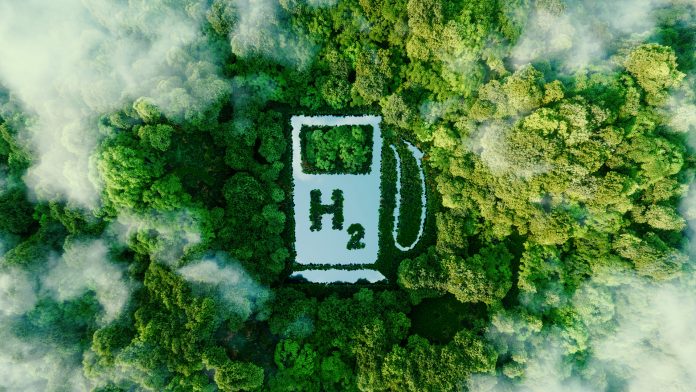The European Commission approves up to €5.4bn of public support by 15 Member States to boost the European hydrogen technology value chain.
The European Commission has approved, under EU State aid rules, an Important Project of Common European Interest (‘IPCEI’) to support research and innovation and the first industrial deployment in the hydrogen technology value chain. The project, named ‘IPCEI Hy2Tech’ was jointly prepared and notified by 15 Member States: Austria, Belgium, Czechia, Denmark, Estonia, Finland, France, Germany, Greece, Italy, Netherlands, Poland, Portugal, Slovakia, and Spain.
The Member States will provide up to €5.4bn in public funding, which is expected to unlock an additional €8.8bn in private investments. As part of this IPCEI, 35 companies with activities in one or more Member States, including small and medium-sized enterprises (‘SMEs’) and start-ups, will participate in 41 projects.
Promoting hydrogen development and deployment
“Hydrogen has a huge potential going forward. It is an indispensable component for the diversification of energy sources and the green transition,” commented Executive Vice-President, Margrethe Vestager, in charge of competition policy. “Investing in such innovative technologies can, however, be risky for one Member State or one company alone. This is where state aid rules for IPCEI have a role to play. Today’s project is an example of truly ambitious European cooperation for a key common objective. It also shows how competition policy works hand in hand with breakthrough innovation.”
Commissioner for the Internal Market, Thierry Breton added: “Promoting hydrogen development and deployment will boost jobs and growth throughout Europe while contributing to our green and resilience agenda. It enables the clean transition of energy-intensive industries and increases our independence from fossil fuels. With this IPCEI, we see EU hydrogen production moving ‘from lab to fab’; and our industry turning technological mastery into commercial leadership.
“And of course, we are not only supporting hydrogen through funding. We have also made decisive progress on building partnerships through the Clean Hydrogen Alliance and are developing EU-wide rules for enabling the hydrogen market and creating dedicated infrastructure. Because we know what is at stake: Europe’s position as a leading region for the hydrogen industrial transformation.”
Boosting the hydrogen technology value chain: An Important Project of Common European Interest
The IPCEI will cover a wide part of the hydrogen technology value chain, including:
- The generation of hydrogen,
- Fuel cells;
- The storage, transportation and distribution of hydrogen; and
- End-user applications, in particular in the mobility sector.
The project is expected to contribute to the development of important technological breakthroughs, including new highly efficient electrode materials, more performant fuel cells and innovative transport technologies. The IPCEI is expected to create approximately 20,000 direct jobs.
The Commission assessed the proposed project under EU State aid rules, more specifically its Communication on Important Projects of Common European Interest.
The Commission assessment
Where private initiatives supporting breakthrough innovation fail to materialise because of the significant risks such projects entail, IPCEI enable the Member States to jointly fill the gap to overcome these market failures. At the same time, they ensure that the EU economy at large benefits from the investments and limits potential distortions to competition.
The Commission has discovered that the IPCEI Hy2Tech fulfils the required conditions set out in its Communication. In particular, the Commission concluded that:
- The project contributes to a common objective by supporting a key strategic value chain for the future of Europe, as well as the objectives of key EU policy initiatives such as the Green Deal, the EU Hydrogen Strategy and REPowerEU;
- All 41 projects part of the IPCEI are highly ambitious, as they aim at developing technologies and processes that go beyond what the market currently offers and will allow major improvements in performance, safety, and environmental impact as well as on cost efficiencies;
- The IPCEI also involves significant technological and financial risks, and public support is therefore necessary to provide incentives to companies to conduct the investment;
- Aid to individual companies is limited to what is necessary, proportionate and does not unduly distort competition. In particular, the Commission has verified that the total planned maximum aid amounts are in line with the eligible costs of the projects and their funding gaps. Furthermore, if large projects covered by the IPCEI turn out to be very successful, generating extra net revenues, the companies will return part of the aid received to the respective Member State (claw-back mechanism); and
- The results of the project will be widely shared by participating companies benefitting from the public support from the European scientific community and industry beyond the companies and countries that are part of the ICPEI. As a result, positive spill-over effects will be generated throughout Europe.
On this basis, the Commission concluded that the project is in line with EU State aid rules.









